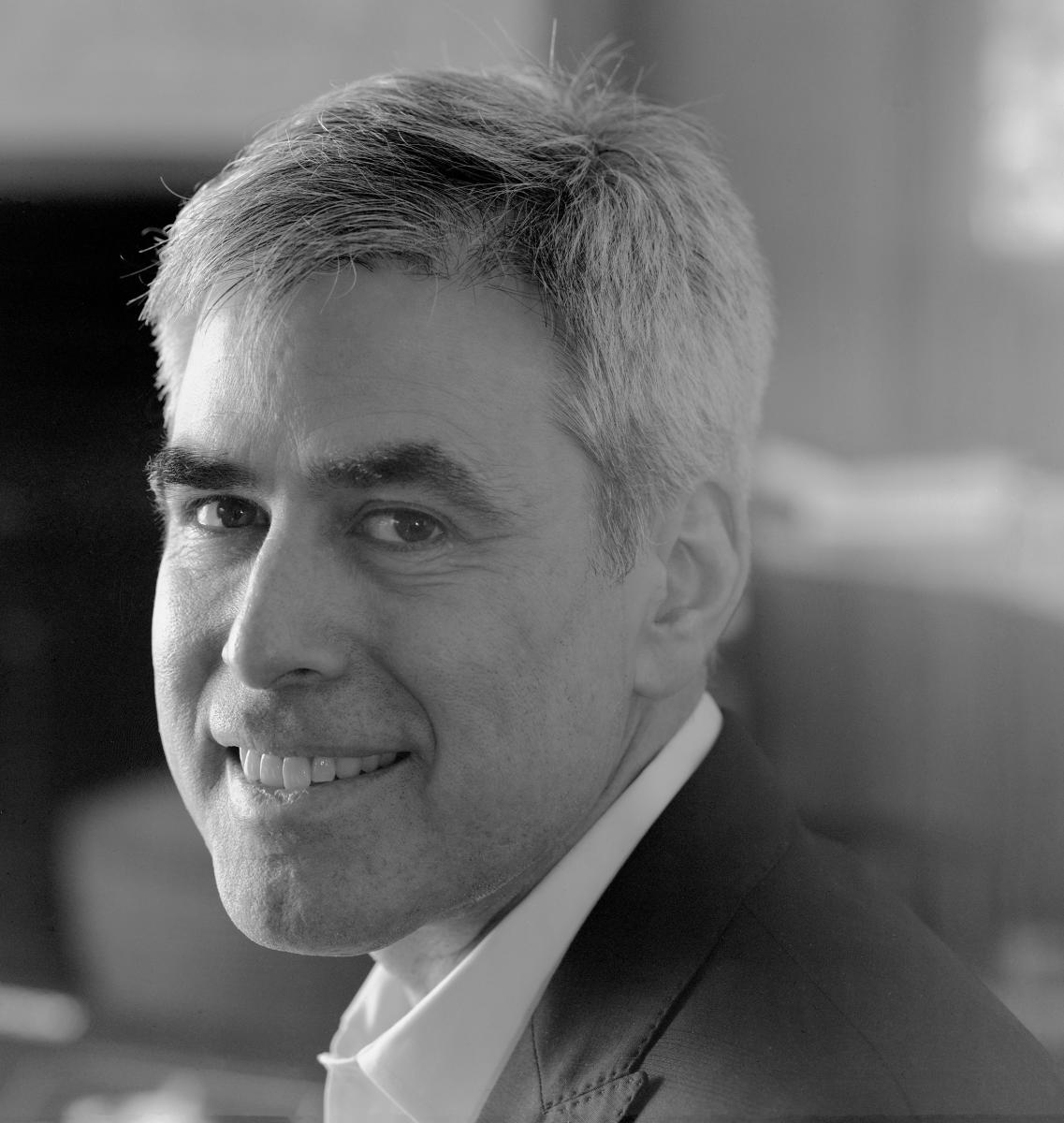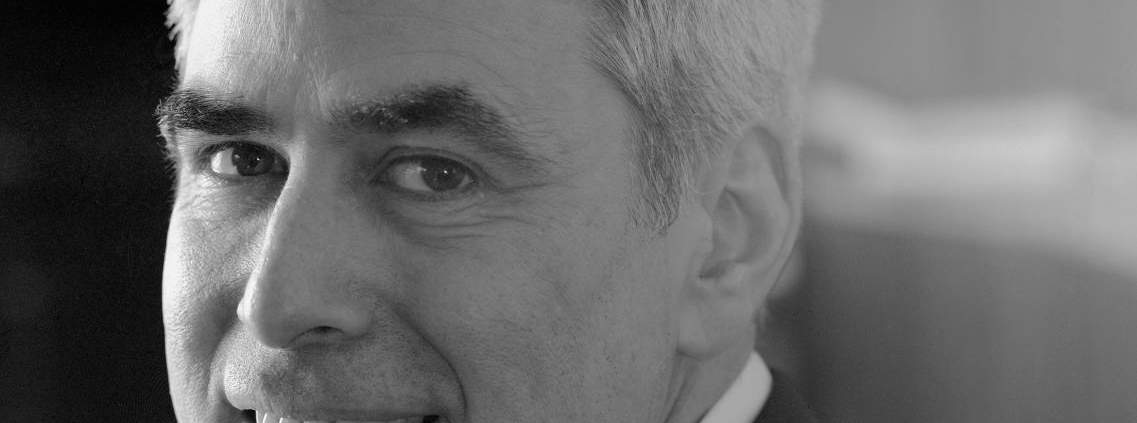Featured Ethics and Social Science Expert: Jonathan Haidt
Interview with Jonathan Haidt, author of The Righteous Mind and Thomas Cooley Professor of Business Ethics at NYU Stern
 What are your main areas of research/work around business ethics?
What are your main areas of research/work around business ethics?
What I discovered when I moved to NYU-Stern in 2011 is that there’s a lot of great research on behavioral ethics going on at business schools, which I had not known about as a social psychologist studying morality, and which ethics and compliance officers generally didn’t know about. What was needed was a way to gather up all the existing research and make it available and accessible to businesspeople. That’s why I created the first iteration of Ethical Systems back in 2011 – it was originally just a simple website to bring together all the varied worlds of knowledge that one needs before one can try to improve these complicated things called corporations. In 2014 the site was re-launched as the much larger collaborative project that it is today. Through our collaborative approach, we are researching topics where we think business could benefit, such as culture measurement.
What’s the main lesson you’ve learned in the six years since creating the organization?
Two lessons. First: the will is there. Regulators want to encourage ethical culture. Most business leaders want to be ethical leaders. Most employees want to work for an ethical company. Most E&C officers want to do more E (ethics) and less C (compliance). Most researchers really want their research to be useful and relevant to businesses. So everything is lined up—we’re not trying to change businesses or business people against their will.
But the second lesson is: change is hard, unless you make it really easy. Our original idea was that if we academics just organized our findings and made them really easy to find and apply, that a few business leaders and consultants would say “hey, this looks great, let’s try this.” We quickly learned that this wouldn’t happen. Everyone in business is so pressed for time, and is understandably worried about unanticipated downsides. Why take risks and change systems? In response, we’re working more closely now with behaviorally-minded consultants, such as Navalent and MindGym, and we’re spending a lot more time talking with E&C officers to figure out how our research and measurement tools can help make their lives easier.
How can E&C teams better emphasize ethics in their compliance programs?
Compliance is obviously critical, especially in heavily regulated industries. The problem is that the more you focus people’s attention on complicated rules and jumping through hoops, the less they even notice the ethical dimensions of a situation. Researchers such as our collaborator Ann Tenbrunsel call this “ethical fading.” [ed: see our one sheet] So it’s really important for business leaders to take a systems approach to ethics: talk about ethics often, and to encourage midlevel managers to talk about ethics, hire for ethics, and promote for ethics, not just for hitting financial targets by any means. If the E&C officer is the only one talking about ethics, she’ll have a very tough job convincing people that ethics really matters. But if the leadership is supportive, then there’s so much the E&C office can do. Measuring the ethical climate in your company is an essential first step—that’s the only way you can know if and where you have problems, and if your next steps are actually making things better. We recommend using our ethical culture survey. Beyond that, we recommend trying a series of experiments using small changes or nudges, such as those you’ll find on our Cheating & Honesty page, or on our Contextual Influences page. E&C officers can also use a variety of framing techniques when they talk and write. For example, talking about the higher purpose of a company, and its relations with many stakeholders, and talking about longer time horizons—anything that pulls people out of the immediate pressures in the here-and-now will combat ethical fading and allow people’s normal concern for ethics to emerge.
You have been active in efforts to improve the intellectual climate in American universities. Are there any lessons you’ve learned in that work that apply to business ethics?
Yes. In 2015 I cofounded an organization called Heterodox Academy whose primary mission is to increase viewpoint diversity and freedom of inquiry at universities. In the last three years we’ve seen normally curious and outgoing students become much more hesitant to ask questions or share their opinions in class, out of fear that other students might take offense. As this problem has gotten more severe, it reminded me of longstanding efforts in business to create a “speak up culture.” To help universities collect clear data so that they can know if they have a problem, we created the Fearless Speech Index. It’s a free survey that professors or deans can send out to their students to find out who is afraid to speak up, about which topics, and why. We are now adapting the survey for use by corporations, where the topics and fears are different (e.g., employees fear being fired; employers want to encourage innovation and ideation) so we are doing that now and it will be another module in our culture survey. If you are interested in being a pilot company for the survey, please contact us. I think its especially important for corporations to look closely at this problem because new employees who graduated from top universities after 2015 might have different norms and fears about speaking up in the corporate world, compared to employees who graduated before 2015.
Additional Questions
Featured video
Featured article
Make business ethics a cumulative science (with ES collaborator Linda Trevino), in Nature – Human Behavior (Feb. 2017)
Previous Interviews
 |
|
 |








